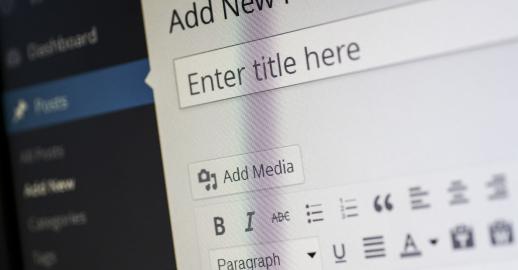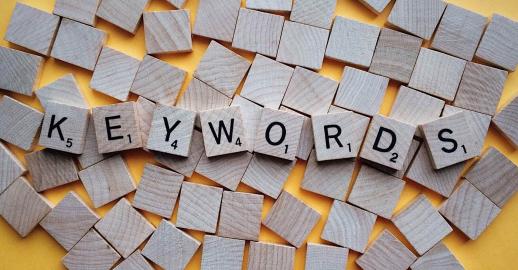18th October 2013
A Really Short Guide To rel="publisher"
We've all heard of the Google authorship mark-up, in fact, you've probably seen it in the wild - someone's tiny portrait beside their blog post. You've probably also heard of the almost mythical Author Rank, in fact, we talked about it briefly here.
But you might not know about "rel=publisher" - and if you do you might even have some questions about it! Here's our really short guide to rel="publisher":
What is rel="publisher"?
It's another rich snippet, like Authorship, that helps search engines crawl the identity of your brand and the content associated with it.
Can I be a publisher?
Just add rel="publisher" to your Google Plus page link on your site.
plus.google.com/YOURGOOGLEPAGEID" target="_blank">
Make sure you add a reciprocal link to your website from your Google Plus page's about section.
But should I be a publisher?
Probably not. Your business and organization may wish to be, however. If your business has people creating content under the umbrella of your brand then it's a great idea. Remember rel="publisher" is for your site, rel="author" is just for you!
Why would I want rel=publisher?
Verify Your Brand:
Your brand page gets a small "tick" beside your Google Plus page name to show that you are legitimate.
Aggregate Your +1's:
It allows Google to aggregate your +1s across the board - from direct +1s on your Google Plus page and even those used in your AdWords ads! It all adds up to give you a little more social oomph.
Become One With Google:
You might just sneak into the Knowledge Graph and get your own "knowledge panel". The knowledge graph is Google's way of answering questions and giving information directly in the search results, aggregating data from various places online. Your site might be a contributing source for a knowledge graph or have a panel of its own.
How does this help the consumer, the customer and the visitor?
With rel="publisher" Google begins pulling out information from your site in the knowledge panels, like your company logo and recent posts. This is a way for potential visitors being able to see that this is the page they want to navigate to or make deeper dives into your site by immediately jumping to an individual article.
While ideally, you'd like your visitors to spend all their time on your site, they probably only want one article at a time - here's a way of getting it to them as quickly as possible.
What other effects might rel="publisher" have on my brand?
The short answer is, that we're not completely sure. It hasn't been confirmed that Author Rank or rel="publisher" has any massive effects on your rankings, but it seems very unlikely that a verified and correctly tagged publisher would not have ranking benefits over those who were not in the future.
This is likely to be an area of development focus for Google, so being prepared for future benefits doesn't hurt!






